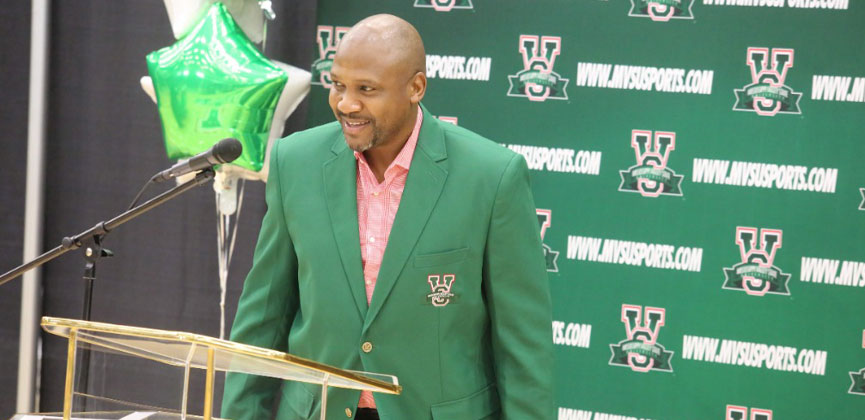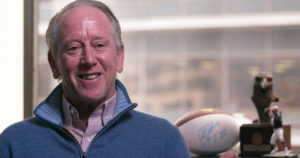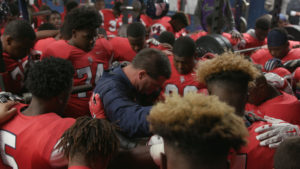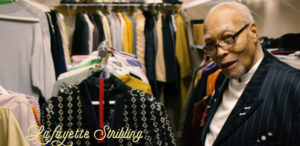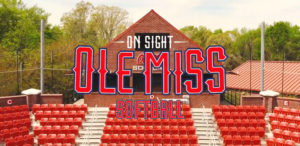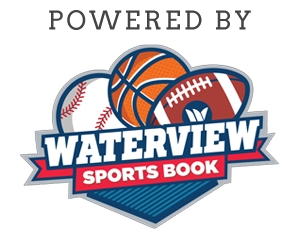Jon Wiener 1 ON 1 with Lindsey Hunter
An overlooked star. An NBA lifer. And how it all adds up to winning big in Itta Bena.
Jon talks with 17 year NBA vet Lindsey Hunter after taking over at Mississippi Valley State.
___________________________________________
Q
It’s great to catch up, obviously as a Murrah guy growing up watching you in the NBA.
A
Oh yeah. Always good to talk to a Murrah guy. There’s a lot of us around.
Lindsey Hunter coaching at Mississippi Valley State. Just tell me about how all that went down.
I was coaching in college at the University of Buffalo two years ago. I kind of took a year off after my father passed away to be around the family a little more and just reset. I definitely wanted to get back into coaching, especially college, and just wanted the opportunity to lead my program. I talked to quite a few people, and when this came about, I thought long and hard about it. And after meeting with the athletic directors, the president, and meeting with everybody, it was a good fit for me and I jumped.
You were head coach of the Phoenix Suns for an interim stint. And then an assistant in college at Buffalo, and now you’re the head coach at Valley. How has the coaching career kind of … that’s not your ordinary path in any way.
Well, it’s just like this: you always have a plan of how you want to attack things, how you want certain things to go, but you never know where an opportunity may come from. You never know what may happen. So you just have to kind of alter your plans a little bit to do the things that you need to do to be successful. And with all the relationships that I’ve managed to have now, it’s been a blessing for me to now have my own program, and use some of those relationships to recruit some really good players.
How hard is it going to be? It’s been increasingly difficult to get good players to come to Valley.
Yeah. But I look at the history of a lot of schools that probably had that stigma. And you know what breaks that stigma? When you can put a great product on the floor, you can win. If people see you winning, kids will go play wherever.The old adage is, everybody loves a winner. And everybody wants to be part of success, right? So when you start creating the environment and the culture that you need to win and to be sustainable, you can get those good recruits. You can get guys that normally wouldn’t come. Or give you a conversation. You can get those players to be interested. And get their parents to allow them to come and then be mentored by you.
So that’s the key: if we can turn this thing around and we can bring some players in here that people will look and say, “Wow, how did they get these guys?” And I think we’ve done that. When you see this recruiting class that we’ve put together, I think you’ll be impressed with it. And if we can get the results that we think we see on paper, then everybody will be looking at us a little different than usual.
I want to ask you about your career and obviously start with Murrah (High School). From the late ’80s to the mid ’90s there weren’t many high school basketball programs in the country doing what they were. What do you remember from those teams?
The biggest thing is the culture there was so good because all of the older players really mentored the younger guys. That’s the way they took care of the program. And everybody had such a great pride about playing at Murrah and being a part of those championship teams. And so all the guys before us, man, they really mentored us in practice and pushed us to be better. They came back and played against us and made sure we were carrying the legacy of the school. It was great. And I still remember those guys: Steve Galloway, Marvin Hamilton, Joe Jackson. All of those guys focused on our lives and made sure we carried the legacy of the school just as they did.
You went on to a great career at Jackson State but I didn’t realize you started at Alcorn (State). What was that about?
Oh yeah! I was recruited by (Hall of Fame coach) Dave Whitney coming out of high school. He came to my house, he talked to me and my dad. And as soon as coach Whitney finished talking to us, my dad calls me in the other room and says,”What do you think?” I was like, “I’m going. I’m signing with this guy.”
I started as a freshman, which coach (Whitney) never did, and I ended up getting freshman of the year. So he really taught me a lot. But he was fired after that year. He had a lot of guys get injured that season, and we were limited with our players, so we didn’t have a great season. When coach got fired, that kind of threw me for a loop. And that’s when I transferred to Jackson State.
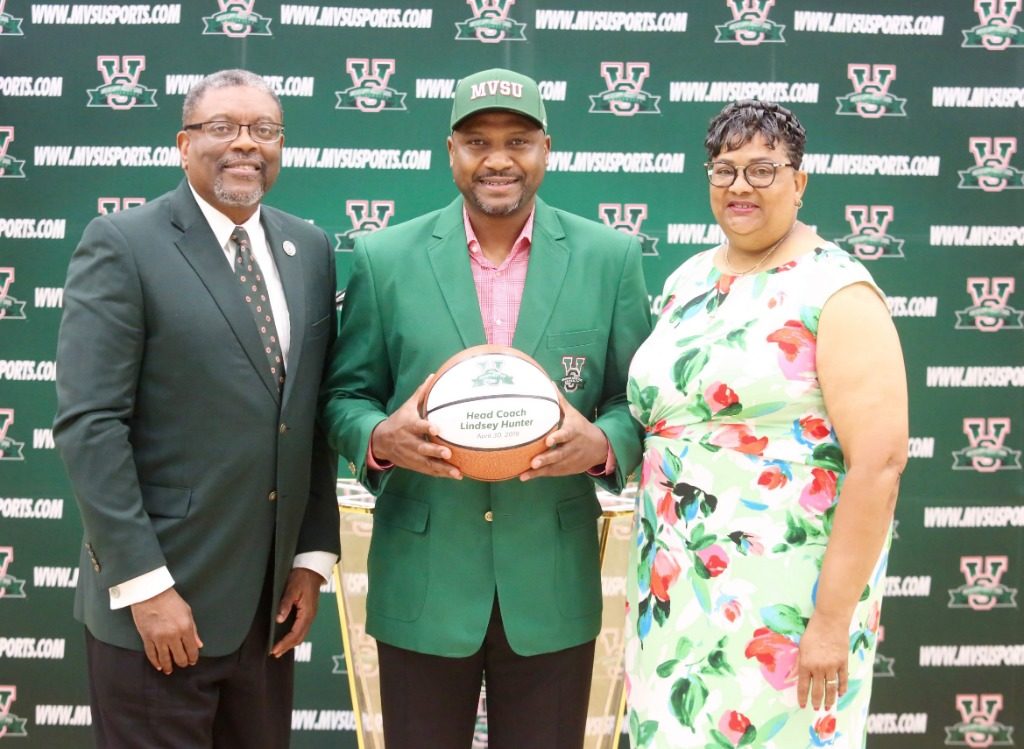
Q
So you had a great career at JSU, SWAC player of the year, and you get drafted No.10 in the first round of the out of the SWAC. Nowadays that’s totally unheard of. Was that a big deal then for you to (be a lottery pick) out of JSU?
A
I didn’t realize how big a deal it was at the time. I felt like I was as good as the guys that were coming out of Duke and North Carolina and all those other schools. So it wasn’t a matter of me being surprised. It was just, I felt like I could compete with those guys. And if there was a chance to compete, I was ready to go. I wanted to prove myself every opportunity I got to compete. I ended up doing that and I think that’s kind of what catapulted me to be a lottery pick. But I don’t look at it like it’s so unheard of. Because if you’re watching the (NBA) playoffs right now, 90 percent of the guards that you see are from small schools.
It’s so true.
So I look at that as a recruiting tool. A lot of those guys wouldn’t have gotten developed the way they did if they had gone to bigger schools and had to take a backseat. Maybe we don’t see Steph Curry be Steph Curry had he gone to Virginia and had to sit. And he wasn’t the prototypical point guard, so maybe they wouldn’t play him the way they did at Davidson. Or C.J. McCollum, going to college at Lehigh and getting stronger and developing the skills that he developed. Or Damian Lillard at Weber State. Maybe you don’t see him become the guy that he is, because he got to play and work on his skills every year and get better. And now you’re seeing these guys on primetime TV be the top guards in the league.
17 years in the League. Two championships. What part of your NBA career are you most proud of?
Man, I mean the whole thing was a great accomplishment for me. Every experience I got, but I think the longevity of it. Someone sent me some type of chart where they charted all of the draft classes, and how long each guy lasted. And in my draft class, I lasted the longest. I was really surprised and proud of that. Because a 6’2″ guy from Jackson, Mississippi outlasting all of the blue-chip basketball players is a pretty special thing to me. And it just shows you if you’re willing to put the work in, it doesn’t matter where you go to school. It matters what you do where you are. And if you’re willing to work and sacrifice, then you can make your way regardless of where you go.
You played with Shaq at his height in L.A. How dominant was he?
He was unstoppable. He was unstoppable. At his peak, I watched him go out and get 40-20, 40-25. I watched him single-handedly beat Sacramento and take us to the Finals. To be as big as he was, his agility and his coordination … I don’t think that we’ll ever see anything like that. I think he doesn’t get the credit that he deserves. And then the crazy part about it, although he wasn’t a great free throw shooter, he made them when it really mattered. He really would step up and make free throws when it really mattered. But he was, man … he was a special, once in a generational player. We haven’t seen the likes of him anymore, and I don’t know if we will.
What’s interesting is you were a part of that great Lakers team, and then you go to Detroit with Ben Wallace and those guys and slayed that same giant…
Well, playing against them, I knew a lot of those guys. Got to know them pretty well and what they did. But I think our Pistons team was just such a unique cast of characters because we were so deep. Coach (Larry) Brown could go ten deep on that team, and really not lose much. So we were built to beat the Lakers. We were a perfect storm to play against them, because our whole thing was, “We’re not going to bother trying to gameplan to stop Shaq and Kobe.” That wasn’t us. We didn’t care about those guys getting theirs. We weren’t going to let anybody else hurt us. Not one other player. Shaq and Kobe got their 30 and 30. That’s only 60. We did a great job of shutting everybody else down.
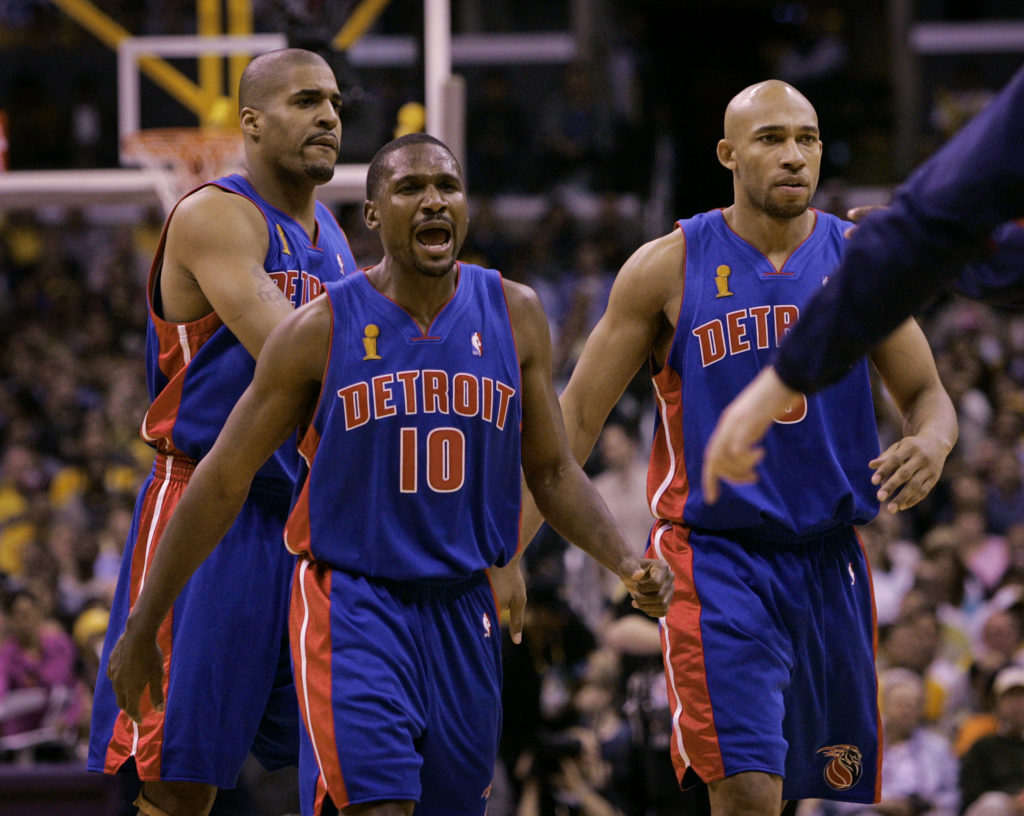
Q
What did you learn from Larry Brown that influences your coaching?
A
He never veered away from the basics of basketball. If the roll man was open and you didn’t hit the roll man every time he was open, he’d stop practice. He didn’t want you trying to invent anything. He wanted you to do what the game told you to do. And that’s why we were so good. We did what the game told us to do. Open? Shoot. Not? Pass or make a play. When Larry Brown was there, our saying was, “Play the right way.” And he really meant that and he coached that way. I learned so much, and that’s a mantra that I still carry with me. And I think that’s what made him a great coach. I try to take something from every coach I’ve ever been a part of.
Honestly, Lindsey, when people talk about the great Mississippi basketball players, the guards specifically, you hear Monta (Ellis), and you hear Mo Williams and you hear, obviously, Chris Jackson (Mahmoud Abdul-Rauf) and recently Malik Newman. But your name doesn’t always come up. Do you feel a little underrated when people talk about the great Mississippi players of all time?
Well, I think because I wasn’t a great high school player … I was a great defensive guard, but I didn’t put up numbers like those guys. All the guys you mentioned were phenomenal scorers in high school. I grew into a phenomenal scorer in college. But even in high school, I was on a team with a guy (James Robinson) who lit the scoreboard up. But you know, those things never bothered me because nobody ever expected me to be what I became. People didn’t recognize me and didn’t know who I was, but by the end of the game, especially when I got to college, everybody said: “Yo, this guy can really play.” I take pride in that. I genuinely fell in love with the game. And to this day I genuinely love basketball and have a passion for it.
The recognition is not important. I’ve been recognized as one of the longest to play in the NBA. I won two championships there. So those things are satisfying to me. And those are the things that I’m going to bring with me. And the attitude of, “We don’t care about what people think about us right now, we’re going to keep our heads down. We won’t listen to the noise. We’re going to work and we’re going to try to create something special.”
You talk about the noise… I’m sure a lot of people told you, “You’re crazy to go (to Valley). How can you win there?” How much of that did you hear?
The crazy thing is, people on the outside say things like that, but if you go look back and see how many people applied for the job, it’ll blow you away. So I hear it but I’m sitting there like, “Yeah. Had I not taken the job it’d been gone the next day.” Think about it: how many Division I jobs are there? What, 350? It’s a rare thing to be a head coach and to have an opportunity to lead your program. And my job is to, just like I did with everything else, I made the best of the situation that I was in. And I’m going to be no different here. This is the best job for me right now. And it’s my job to make our players, our coaches, and everyone around us feel that we take pride in being here. We’re not coming here just because this is the only place we could go. We’re coming here because this is where we wanted to be, and this is where I feel I’m supposed to be at this time. And I really do believe that we’re going to make it special.
When you talk about winning, what’s the ultimate goal: to have this team win the SWAC and play in the NCAA Tournament?
Absolutely. But hear me out: everybody wants to get to the tournament. We want to play in the tournament. We want to play and win some games. That’s the ultimate goal. We want to win some games in the tournament. And I think with the way that basketball is set up now, is for small teams to come in and steal a seed from somebody and make a run. We’ve seen it every single year. And so, if it’s been done by some other teams, then we feel like we can do the same thing. So those are the things that we’ll be teaching to our guys on a daily basis: you’re not just preparing for one game, you’re preparing for a season. You’re preparing yourself to be playing at a high level when the time is called upon.
You’ve kind of come full circle. Alcorn, Jackson State, and now you’re at Valley. It’s all the SWAC stops in Mississippi.
Yep. Yep. I’m probably one of the few people there that can say I’ve been to every SWAC school in Mississippi. So that’s kind of special to me.
What’s the goal for you as a coach ultimately? Obviously, it’s the job at hand. You want to do a good job at Valley. But I have to imagine there’s ultimately a higher level that you want to reach as a coach.
I just want to be the best college coach that I can be. I’m not looking at going past where I am now, going past Valley, because I have a job to do right now. The kids that I’ve recruited, and the families that I’ve recruited, I’ve committed my life to their kids, and that’s what we’re going to focus on. Who knows what the future may bring? Right now we’re living in the moment and we have to live in this moment and prepare for Valley to be the best basketball team. Anything after that, I really can’t speak on. Because I don’t know. You know? But I know that I’m the head coach at Valley right now, and I’m going to work as hard as I possibly can to make this program be successful.
(feature image photo: MVSU Athletics)
